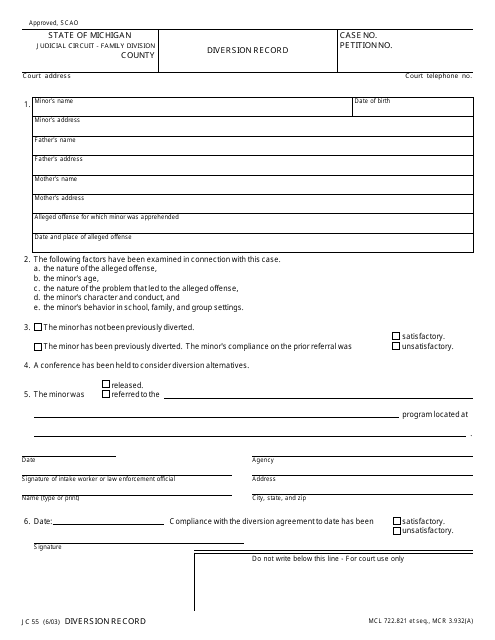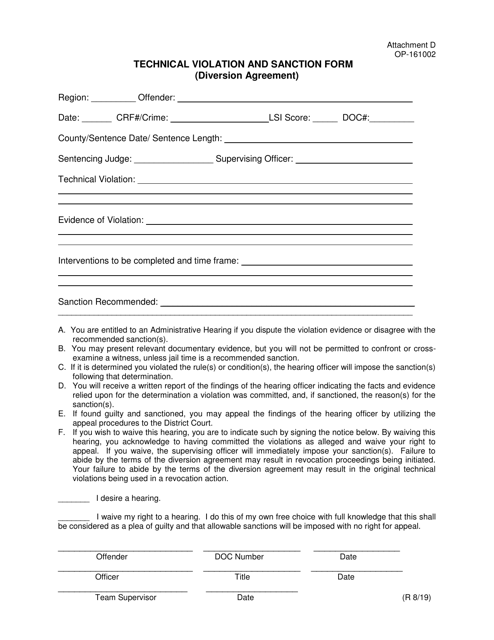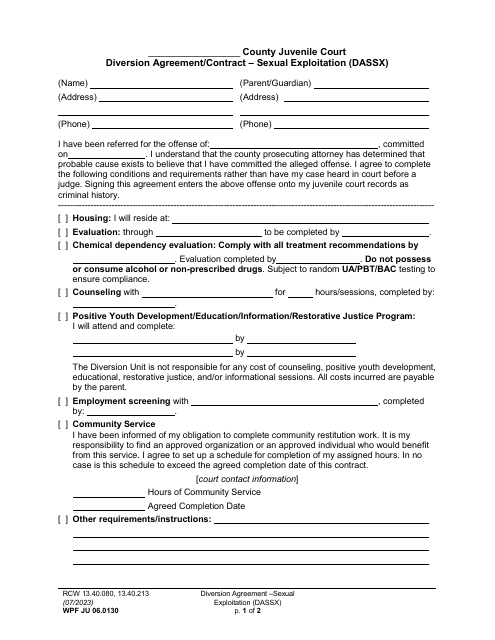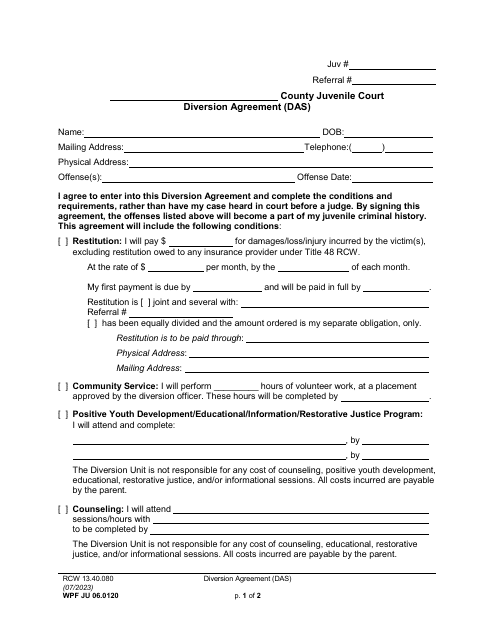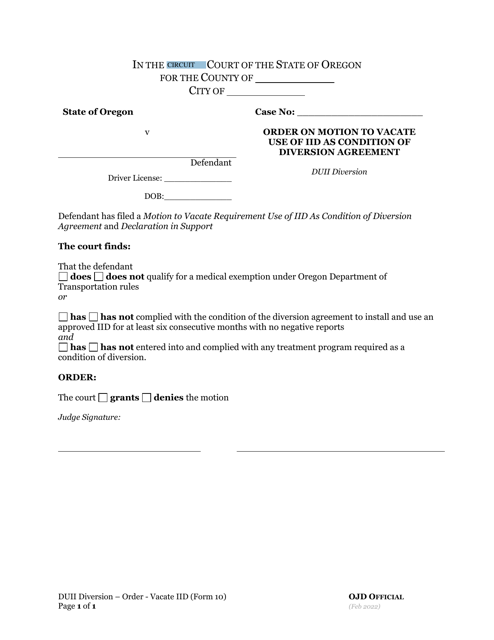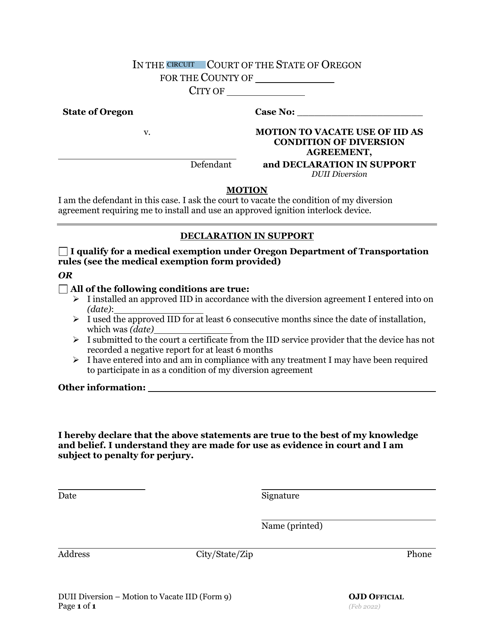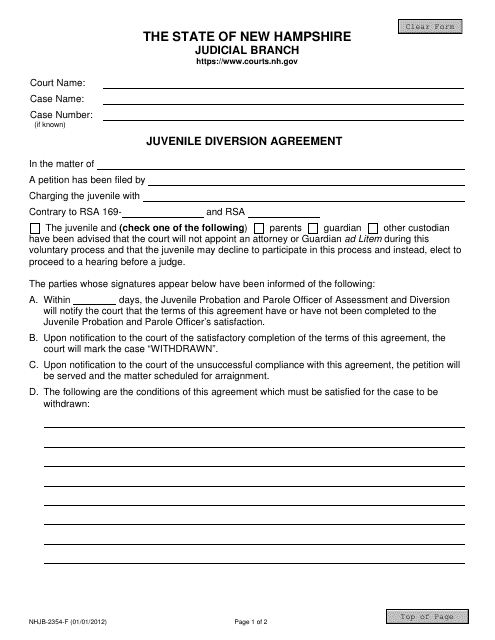Diversion Agreement Templates
A diversion agreement, also known as a fillable diversion agreement, is a legal document that outlines an alternative solution to traditional court proceedings for certain cases. This agreement allows individuals to avoid further legal action by completing specific requirements and conditions determined by the court.
Diversion agreements can be used in various situations, including but not limited to cases involving technical violations, sexual exploitation, DUII offenses, and more. By entering into a diversion agreement, individuals can proactively address their legal issues while potentially avoiding the consequences associated with formal court proceedings.
These agreements typically outline the terms, conditions, and obligations that individuals must meet within a specified timeframe. This may include completing community service, attending counseling or rehabilitation programs, paying fines or restitution, and adhering to any other conditions set forth by the court.
Diversion agreements provide an opportunity for individuals to take responsibility for their actions, make amends, and potentially avoid a permanent impact on their criminal record. By successfully fulfilling the requirements of the agreement, individuals may have the opportunity to have their charges dismissed or have their records sealed, thus minimizing the long-term repercussions.
If you are facing legal challenges that may qualify for a diversion agreement, it is crucial to consult with a knowledgeable legal professional who can guide you through the process and help you understand your rights and options. With the assistance of experienced legal counsel, you can navigate the complexities of the legal system and work towards a positive resolution.
Documents:
9
This form is used for keeping a record of diversion programs in the state of Michigan.
This document is used for reporting technical violations and imposing sanctions as part of a diversion agreement in Oklahoma.
This Form is used for a Juvenile Diversion Agreement in New Hampshire.

